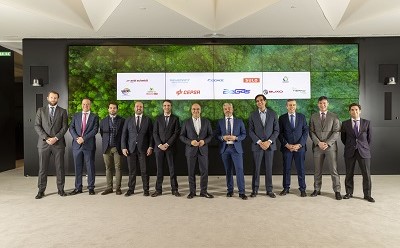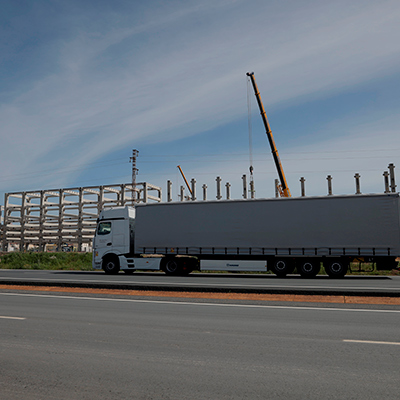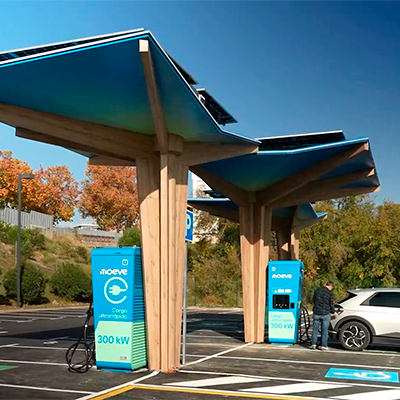- Both companies will promote using biogas and other renewably-sourced fuels in buses, delivery vehicles, waste collection trucks, and other municipal services with the aim of accelerating their energy transition
- The partnership, which has already been joined by nine other companies and organizations in the sector, aims to become a pact integrating the entire value chain of professional urban transport
- Bioautogas can reduce CO2 emissions and levels of suspended particulate matter and NOx by up to 90% compared to traditional fossil fuels, as well as reducing noise pollution. This CO2 reduction enables vehicles to meet the requirements of the 2050 agenda
This partnership aims to integrate the entire value chain of this sector (engine manufacturers, vehicle manufacturers, energy producers and consumers) with a common goal: fighting climate change by reducing the sector's carbon footprint and reducing pollution in cities. Currently, heavy urban vehicles account for 10% of the fuel consumption of the total professional transport fleet.
So far, nine partners from the public and private sectors have already joined this integrative partnership: vehicle and machine manufacturers Mobility Bus, Herko, Buxo Trucks, Socage, Aebi Schmidt Ibérica, and Revenant, the companies Urbaser and Sulo, which have vehicles of this type in their fleets, and ANEPMA (National Association of Public Environmental Companies).
While signing the agreement, Carlos Barrasa, Director of Commercial & Clean Energies at Cepsa, noted:





